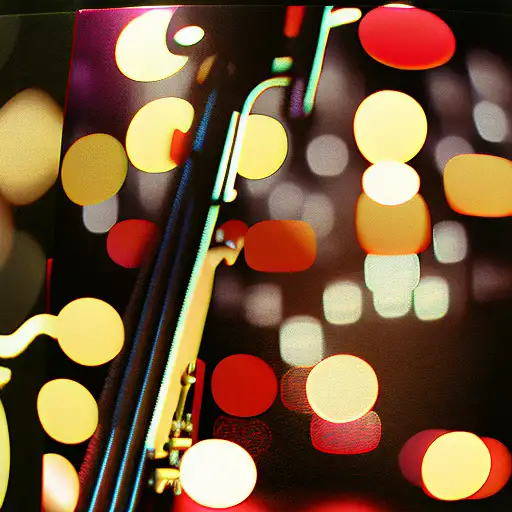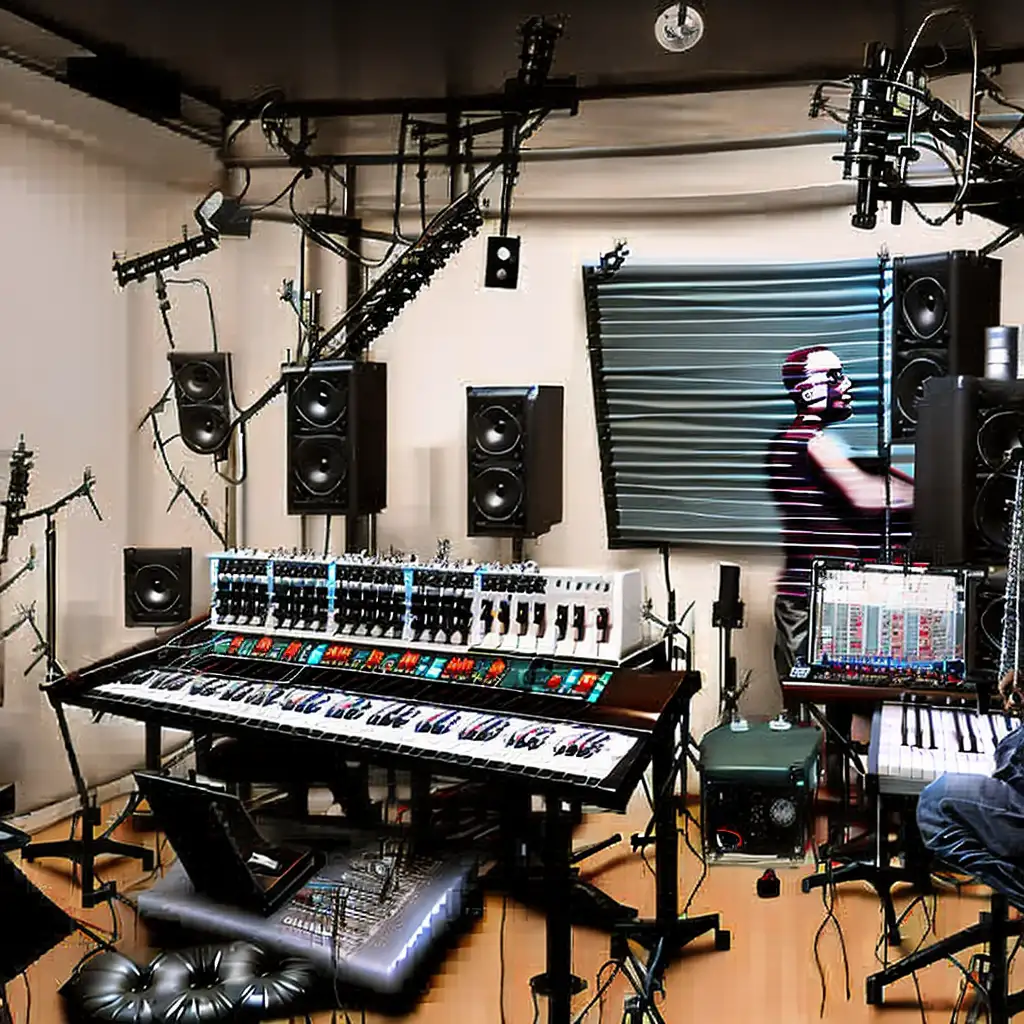Why Indie Music Is the Best
My pros and cons on why indie music is the best for your expression & creativity.
There are two big camps in the music industry with indie artists on one side and record labels on the other. As an artist, you can either be signed to a record label or independent. As with all things in life, both options have merits and demerits, so you have to compare both and pick a side.
For this article, I'm firmly on the indie side of the line and I'll explain why you should join me. So we'll talk about the why in a moment, but let me start by explaining the major arguments against being indie...
Cons of Being an Indie Artist
As an indie artist, you will be completely independent of a record label. Without a deep-pocketed organization behind you, you will likely be limited in several things. Let's talk about some…
Limited Resources
Let's start with the obvious. Without a big budget to back you up, your resources will be limited. To make a successful record, you need a ton of resources, both material and human. You need money to pay music professionals who will help you produce top quality, money to pay for promotion and distribution, and you also need high-tech equipment among other needs. When a record label is footing your bills, you can easily get access to all these. Without the record label, you're on your own, and odds are you can't rival a record label's spending power all by yourself.
Limited Audience
The final step in the music production process is distribution. Record labels, with their massive reach, are masters at this step. They can promote you all over the world, organize concerts and shows, and fund massive ad campaigns. When you're indie, you have to do it all by yourself. This presents two problems to be solved. First, you have to know how to promote your music effectively by yourself, as opposed to having an expert promoter do it for you on the label. Second, you must build your audience by yourself, as opposed to the label helping you.
Limited Music Business Understanding
Music is your talent, your passion, and your safe place. But music is also a business, so you must learn to treat it that way. Without knowledge of the business side of music, your career will never attain the heights it should. If you're signed to a label, you probably don't have to learn all that because they'll handle the business side of things.
As an indie artist, however, you're in charge of your career. You'll accept gigs, book venues, and sell your music by yourself so your limited understanding of the business side of music might slow you down a bit.

Pros of Being an Indie Artist
Now that you know the main arguments against being indie, perhaps you're starting to waver a bit in your decision to remain indie. There's a flip side to every coin, however, so let's find out what's on the other side…
Independence
A record label is happy to fund your entire production process on one condition, that your music is profitable. So they're investing in you and expect a huge return on investment. This further means that they have the final say in everything you do. You're an employee of the label, so you'll take your orders from them. This can be extremely frustrating if you love to be independent. Being indie gives you that freedom and independence.
Full Ownership of Work
If you're signed to a record label, they own your music legally. By implication, they get whatever financial proceeds your music generates. Sure, they'll pay you for your service, and quite handsomely too. But the label always comes first when it comes to money. It might be your name on the song title on Spotify, but the label owns everything. Many artists grow to become big stars and renegotiate their deals so they own their music. Others pay tons of money to buy their songs from the labels. Imagine that!
When you're indie, you own 100% of your work, and that goes for the money too. At the start, it won't be much. By the time you blow up, however, you'll start to reap the dividends.
Flexibility
Being your own boss comes with several perks, with flexibility at the top of that list. You can record when you want, release your music when you want, book whatever shoes you want, and basically do anything you want. You have no deadlines that aren't self-imposed, and you answer to no one but yourself. When you're indie, you are the record label.

Creative Autonomy
When Taylor Swift first released her album, Fearless, in 2008, it was a resounding success. She won four Grammys, including one for album of the year. At that time, she was the youngest to ever do it. The Fearless Tour grossed an astonishing sum of $63 million.
You read it right, that's sixty-three million dollars! In 2021, however, Taylor Swift made an Instagram post about the new version of Fearless she was to release. One thing that stood out to me was that she couldn't release all the songs because the label wouldn't let her, citing this or that reason. And in this, we find our next benefit of indie music.
You can do whatever you want, literally. In a label, they have the final say on what they believe will sell. But that cripples your creative autonomy. You might have to cut some songs out like Taylor Swift, or completely change your style of music. So if your music means more to you than money, stay indie.
Global Shift
Decades ago, being an indie artist was a massive struggle. The record labels had the music industry in a chokehold and were not letting up until the internet arrived. With the arrival of the internet and social media, it suddenly became possible to reach people all over the world from your bedroom. Record labels were no longer the exclusive lords of the industry, and indie artists began to thrive as well. So the odds are more in your favor than they've ever been.
People are tired of mainstream music and are looking for real music they can connect to. And social media has made it possible for you to reach these people from anywhere in the world. Now, more than ever is your time as an indie artist.
Final Verdict
You've seen both the good and bad sides of being an indie artist. Now consider this. To get signed by a record label, you must first have achieved some level of success to show that you can become a commercial success. Many artists dream of being signed because they look at their current situation and what the label offers.
But that's not the comparison because they won't take you as you are. You must first succeed as an indie artist. So having succeeded as an independent artist, would you want to give up all that for some extra cash?
The choice is yours, an indie artist.
Blog Article Tags
music indie culture creativity authenticity underground subculture diversityMore Articles
Where To Find Good Indie Music - If you're a long time fan or first time listener of Indie music, we'll show you the best methods for discovering the music you love.
Why Online Radio Still Matters for Indie Artists - Indie artists benefit by diversifying the platforms they promote their music, including online radio.
7 Tips For Networking With Indie Artists - Networking within the indie music community is important if you're looking to make it as an indie artist.
The Decline of America's Record Stores - Take a trip down the American record stores memory lane and find out where they went out of business.
How To Make Money As An Indie Artist - If you're looking for 5 easy ways to make money with your music, we show you how.


